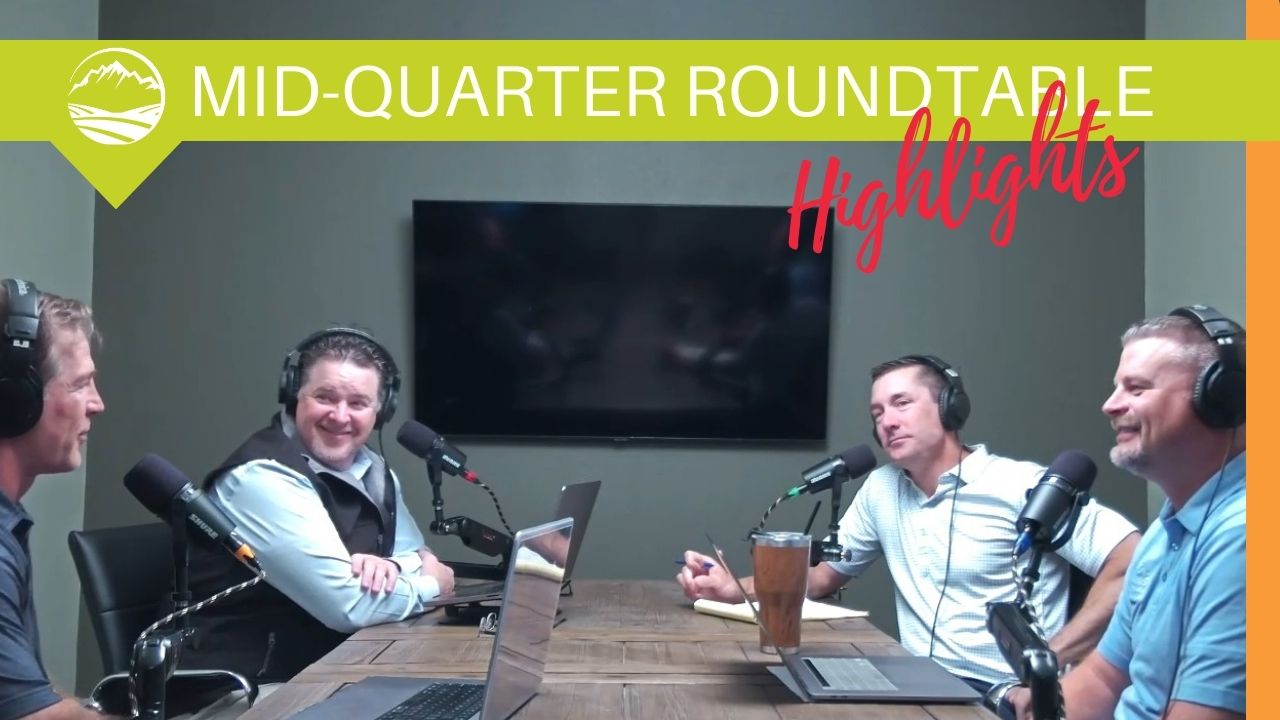You are now leaving the Strong Valley Wealth & Pension, LLC ("Strong Valley") website. By clicking on the "Schwab Alliance Access" link below you will be entering the Charles Schwab & Co., Inc. (“Schwab”) Website. Schwab is a registered broker-dealer, and is not affiliated with Strong Valley or any advisor(s) whose name(s) appears on this Website. Strong Valley is/are independently owned and operated. Schwab neither endorses nor recommends Strong Valley. Regardless of any referral or recommendation, Schwab does not endorse or recommend the investment strategy of any advisor. Schwab has agreements with Strong Valley under which Schwab provides Strong Valley with services related to your account. Schwab does not review the Strong Valley website(s), and makes no representation regarding the content of the Website(s). The information contained in the Strong Valley website should not be considered to be either a recommendation by Schwab or a solicitation of any offer to purchase or sell any securities.

What are the major differences between the traditional Roth IRA and the 401(k) Roth? There are benefits to the employer-offered 401(k) Roth, like the ability to save more than in a traditional IRA, however, since it is part of the 401(k), there are some restrictions.

While the Federal government has created several tax-advantaged savings accounts designed to help lower and middle-income workers save for retirement, these plans tend to be less useful for employees earning higher salaries.
Highly compensated individuals who are not currently permitted to contribute directly to Roth IRAs, and younger workers hoping to be in higher tax brackets when they retire, both stand to benefit when companies offer employees the option of contributing after-tax dollars to a type of plan called the “Roth 401(k).”
As the name suggests, the Roth 401(k) incorporates elements of both traditional 401(k) plans and Roth IRAs. Included in the Economic Growth and Tax Relief Reconciliation Act of 2001, the Roth 401(k) allows workers to make Roth IRA-type contributions to 401(k) plans, but without the income restrictions and contribution limits that apply to traditional Roth IRAs.
Although contributions to a Roth IRA are non-deductible, earnings accumulate tax free and qualifying distributions are also tax free. Currently, only taxpayers whose adjusted gross income falls below certain levels are eligible to contribute after-tax dollars directly to a Roth IRA. These income limits do not apply to Roth 401(k)s.
Workers have the opportunity to save more money in the new 401(k) Roth accounts than they could using traditional Roth IRAs. This is because the Roth 401(k) is subject to the more generous limits that apply to conventional 401(k)s.
The Roth 401(k) has other advantages over the Roth IRA. Contributions are made through payroll deductions, rather than through separate arrangements with a bank. Because these plans are administered by employers, contributing to them should be more convenient for workers than opening an IRA. An employee who is currently contributing to a traditional 401(k) plan could, for example, simply opt to have contributions diverted to a Roth version of the same plan.
Lawmakers have stipulated, however, that matching contributions made by employers must be invested in a traditional 401(k), not a Roth account. This means that, even if employees make all of their contributions exclusively to a Roth 401(k) account, they would still owe tax in retirement on withdrawals from funds contributed on a pre-tax basis by their employers.
Workers should also be aware that the 401(k) annual deferral limits apply to all 401(k) contributions, regardless of whether they are made on a pre-tax or after-tax basis. If employees contribute to a Roth 401(k), they may have to reduce or discontinue their contributions to their employer’s conventional 401(k) plan to avoid exceeding these limits. Provided employees comply with these limits, however, they are allowed to put money into both types of 401(k) plans.
In addition, employees considering the Roth 401(k) option should know that RMD (required minimum distributions) will apply to the Roth 401(k), unlike the traditional Roth IRA.
On the other hand, the Roth 401(k) is like the Roth IRA in that investors will not be permitted to withdraw money tax free until they have held the account for at least five years and are at least 59½ years old. The latter provision could make the Roth 401(k) less attractive to employees who are currently approaching retirement.
Talk to your financial advisor to see if the Roth 401(k) might be appropriate for you.



